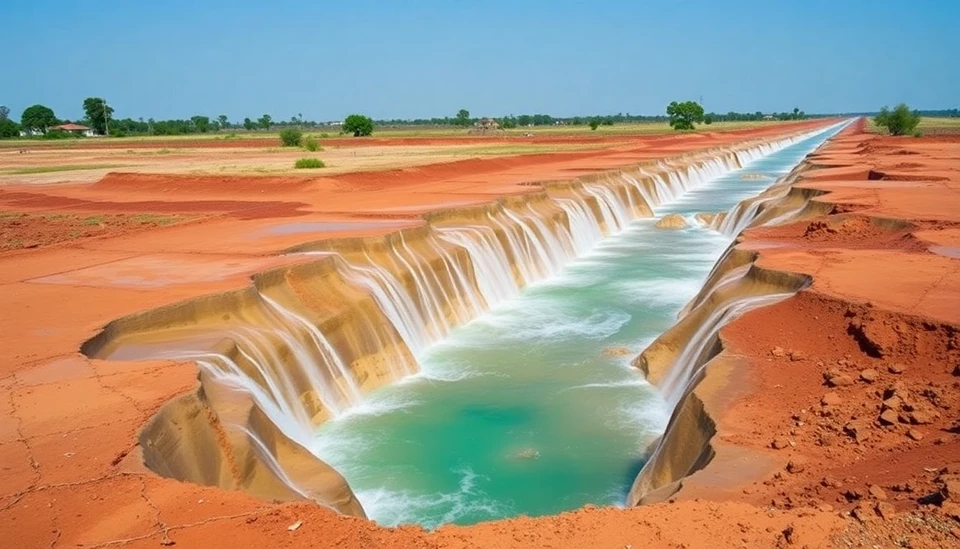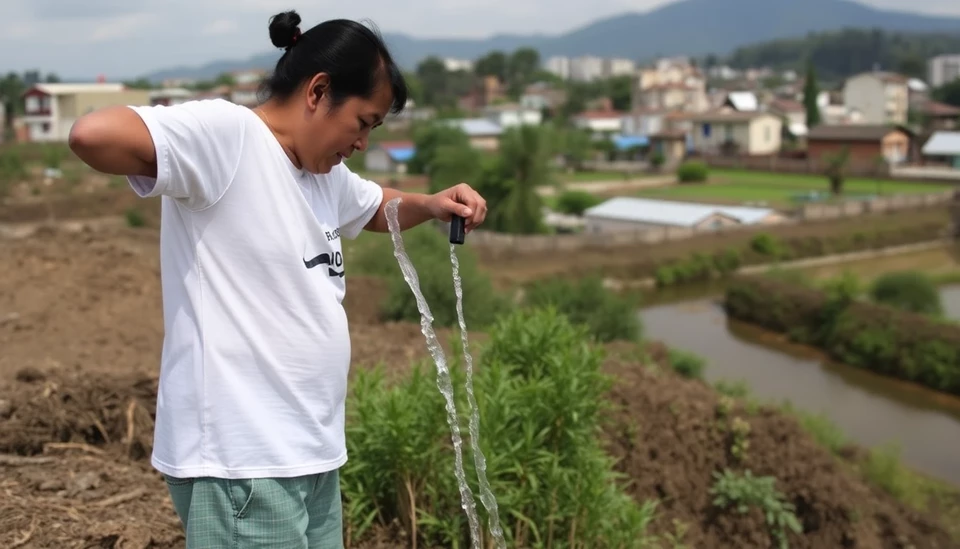
A new report released by a coalition of leading environmental organizations warns that the ongoing global water crisis could jeopardize approximately 8% of the world’s GDP. This alarming finding highlights the interconnectedness between water scarcity and economic health, emphasizing that actions taken now could have profound implications for future generations.
The report meticulously outlines how water scarcity is increasingly becoming a significant barrier to economic stability and growth. It draws on extensive data which indicates that regions already plagued by arid conditions, over-extraction, and pollution are witnessing measurable declines in economic productivity. Nations that are heavily reliant on agriculture, which depends significantly on reliable water sources, stand to be hit the hardest. The findings suggest that without immediate and robust actions, the repercussions could be catastrophic, affecting both emerging economies and developed nations.
Additionally, the report identifies critical regions most at risk. Areas such as Sub-Saharan Africa, parts of South Asia, and several locations in the Middle East are particularly highlighted. These regions are facing exponential population growth, combined with climate change impacts, exacerbating existing vulnerabilities. The data encapsulated in the report illustrates stark projections: economic losses could reach trillions of dollars by 2050 if the situation is not addressed swiftly.
In response to the escalating water crises, the report urges governments and organizations worldwide to adopt sustainable water management policies and invest in modern infrastructure. It calls for innovative solutions to enhance water efficiency in agriculture, improve wastewater treatment, and promote water-sharing agreements between countries. The report emphasizes the critical need for global cooperation to manage shared water resources amicably and sustainably.
Moreover, the report advocates for integrated approaches that engage multiple stakeholders, including governments, the private sector, and local communities. By fostering collaboration, it is believed that a more holistic management of water resources can be achieved, thus reducing risks of water-related conflicts and enhancing economic resilience.
As the world grapples with the multifaceted impacts of climate change, the urgency of addressing water scarcity has never been more apparent. The report concludes with a powerful call to action, urging immediate engagement in policy changes and investments aimed at securing a sustainable water future for generations to come.
With these critical issues laid bare, it is clear that the looming water crisis is not just an environmental concern—it is a pressing economic threat that requires our immediate focus and action.
#WaterCrisis #GlobalEconomy #Sustainability #WaterManagement #ClimateChange #EconomicImpact #WaterScarcity #FutureGenerations
Author: Sophie Bennett




